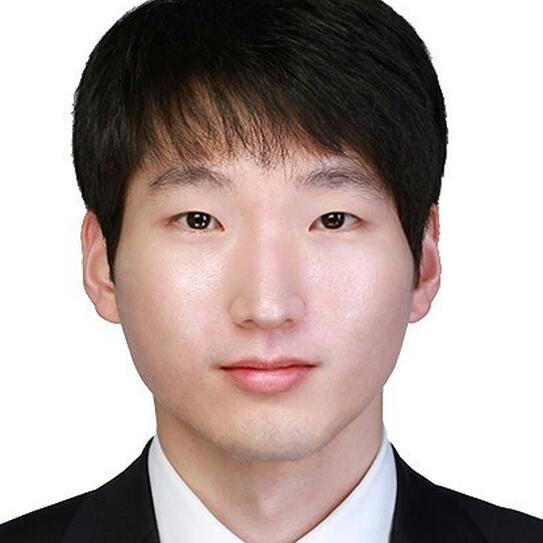Min Jun (MJ) Song

What brought you to Columbia Business School?
I was instinctively drawn to Columbia Business School’s legacy as the epicenter of value investing. As a firm believer of the value investing philosophy, Columbia has been my one and only dream school. This is where Benjamin Graham, “the father of value investing,” taught his most successful student, Warren Buffett, some 70 years ago! Although Graham is no longer teaching, his footprints are firmly in place. The MSAFA program offers a full spectrum of courses aimed to train us as fundamental analysts able to perform in-depth analysis of financial statements and relevant business issues. I have thoroughly researched similar programs at other business schools before applying, and trust me, there is no other MS program in the US that even distantly matches MSAFA’s extensive coverage of fundamental analysis based on accounting information.
I was also drawn to the rigorous curriculum consisting of PhD and MBA courses. The PhD courses are helpful in developing evidence-based quantitative analytical skills, while the MBA courses are ideal for practical application and case studies. This is a perfect mixture of training in both the theoretical and practical aspects of value investing. I am on a steep learning curve, exactly as I was anticipating.
What is it like going to business school in New York City?
It is amazing, especially for someone interested in accounting and finance. My favorite aspect about attending school in New York is how close we are to whatever we are discussing. For example, when we are talking about the subprime mortgage crisis (2008), we are just 30 minutes away from where things panned out. People often talk about the Wall Street consensus, and again, we are only 30 minutes away. When I was back in Korea, these were events 10,000 miles away. Another crucial advantage of being in New York is the plethora of job opportunities. New York City hosts most leading financial institutions, and they are just a few minutes away. For business majors, this is as best as it can get in terms of access to career opportunities.
Any favorite faculty or courses so far?
Professor Stephen Penman and Professor Doron Nissim. I interacted with Professor Penman through his pre-term lectures on the principles of value investing and value trap. One of my favorite books is his Accounting for Value (2001), and it was great to finally see him in person. As for Professor Nissim, I am taking his Valuation and Financial Statement Analysis PhD seminar. In the class, we review academic papers that have high practical merits for fundamental analysis. Some of the topics covered include earnings quality, profitability analysis and accounting trading signals. These are precisely the topics that I wanted to delve into. Having to read several papers every week is a daunting task, but I am gaining valuable insight every week.
How has the expertise of your professors impacted your learning?
The depth of knowledge that our faculty members have is just fascinating. I think part of this comes from their active participation in consulting or industry projects. For example, I know some of our professors led the project for developing Morgan Stanley’s fundamental analysis model. It is a comprehensive business analysis model that decomposes a company’s operating activities from financing activities. This helps equity research analysts and portfolio managers better understand what is really happening under the surface and make informed judgements about the future. From this knowledge, it is clear what we are learning from the courses is highly applicable in the market, not just some academic abstraction of reality.
What do you want to do next? How has Columbia uniquely prepared you for your future?
Next summer, I want to serve as a research assistant for one of our faculty members. Our faculty members are at the cutting-edge of research on value investing and fundamental analysis, and I really want to learn more from them by participating in their research projects. Before the semester began, I was originally planning on developing my career in asset management, but exposure to the work of our faculty has changed my life plans. This is quite unusual, as most of my classmates are aiming for careers in investment banking, private equities, or hedge funds.
Later, I will apply for the 2021 Fall entry for PhD programs. I want to be a value investor who happens to be an academic researcher/professor. Columbia is offering me indispensable resources in this long journey ahead. The faculty, classmates, guest lectures, student clubs, career management, and powerful Columbia network are always there to support me. Most importantly, there is no better institution to do a deep dive into my field of interest.
What will you take with you?
Surely, the pride of being part of the prestigious Columbia Business School community. As an admirer of Warren Buffett (Class of 1951, MS in Economics), I take huge pride in sharing an alma mater with him. Also, I will take with me the life-time friendships that I’m developing with my classmates and faculty. We will be in touch for years to come.